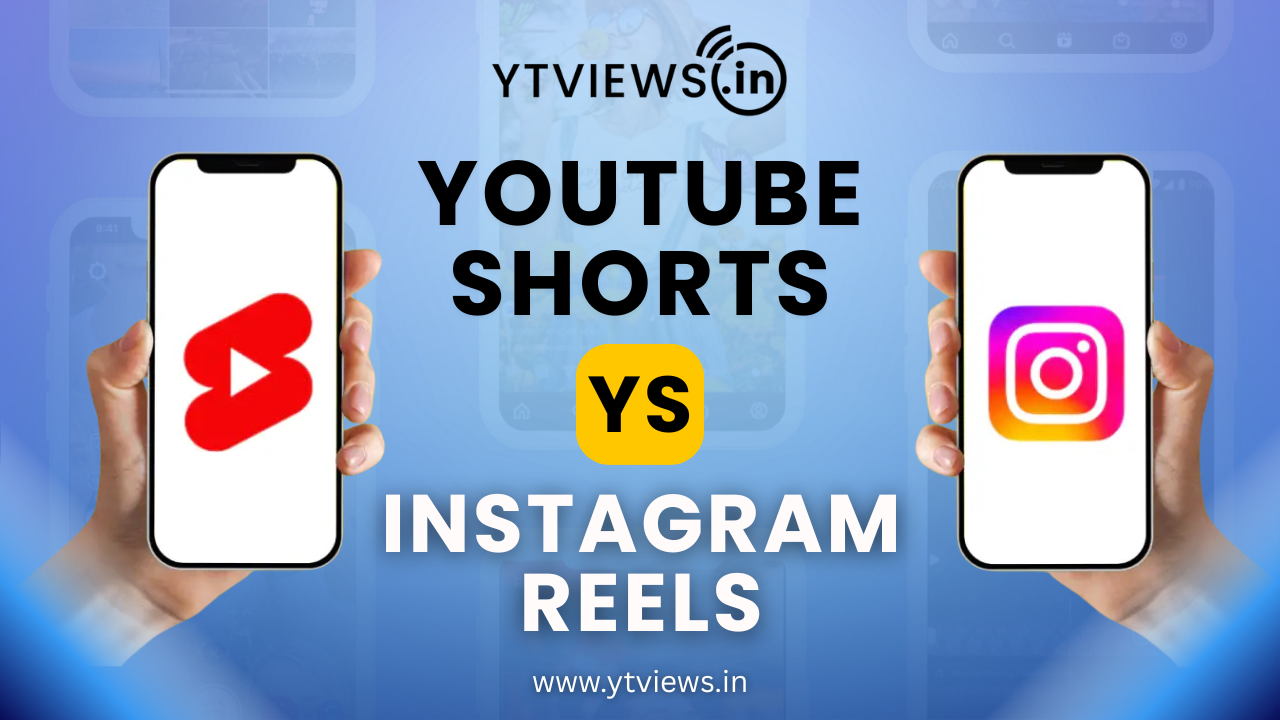ChatGPT will be Integrated into Microsoft Bing Search Engine
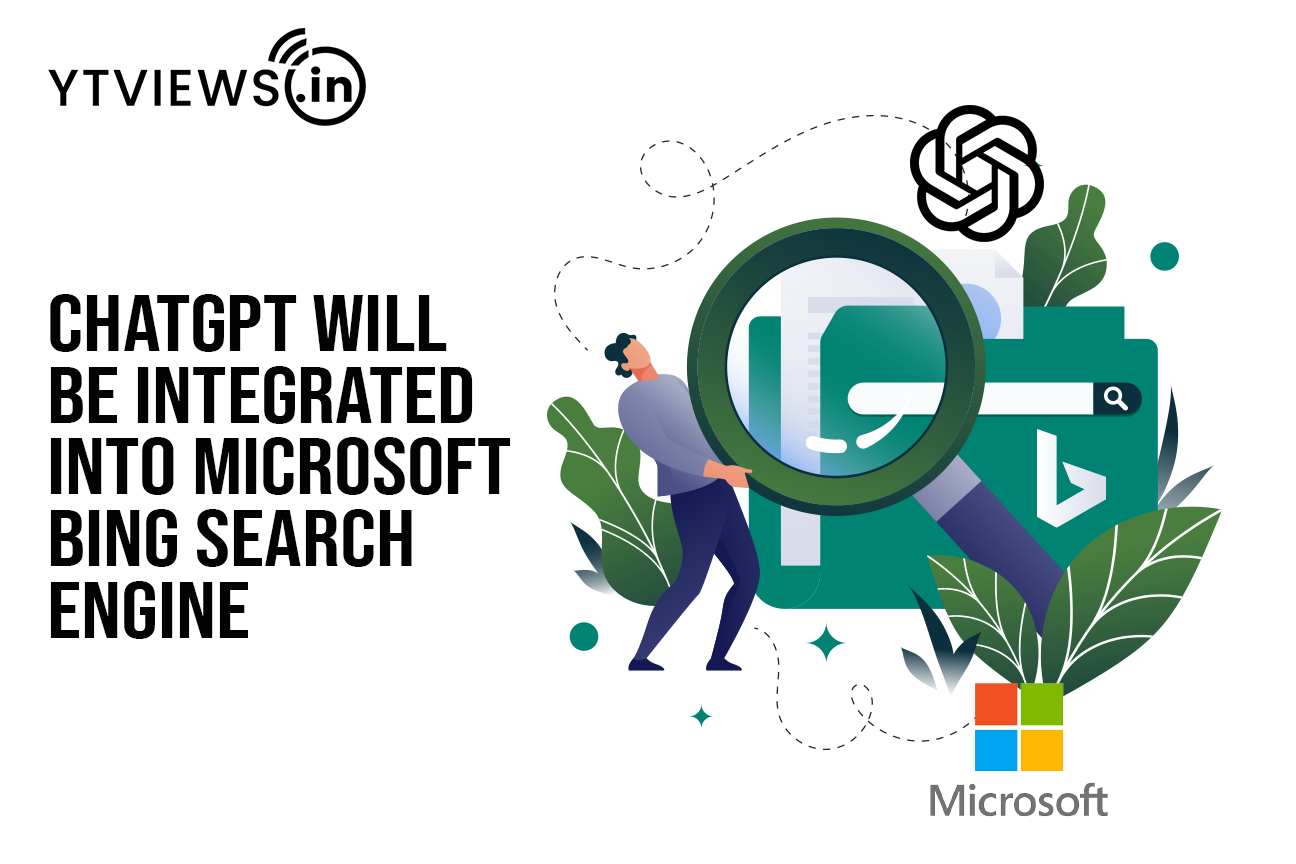 The tech giant Microsoft plans to integrate AI-powered ChatGPT into its search engine, allowing users to conduct conversational searches within the app. As a result, Microsoft’s Bing may soon be back in the game.
The tech giant Microsoft plans to integrate AI-powered ChatGPT into its search engine, allowing users to conduct conversational searches within the app. As a result, Microsoft’s Bing may soon be back in the game.
Because the system can quickly and (mostly) accurately respond to complex queries as well as follow-up questions in plain English, ChatGPT has quickly become the epitome of the AI revolution.
Given that the system is capable of producing essays and summaries of virtually any text it can access, this has raised concerns regarding its potential impact on educational establishments. However, the process may have a more practical benefit in search, allowing individuals to simply ask questions like “what should I pack for a holiday in Australia in June?” and request a summary from ChatGPT, which should include a comprehensive list that you can use to plan and take action.
As a result, it makes sense that search engines are looking into its potential. Microsoft, which is an investor in OpenAI, the company that developed ChatGPT, was the first to get on board with the trending tool to incorporate conversational queries into its search engine.
Naturally, Google is also weighing its options in this regard. The search engine giant, which has been developing its own AI models for years, has stated that it will not be incorporating conversational AI at this time due to the possibility of reputational risk,’ with the initial ChatGPT research preview’s results occasionally amplifying both inaccuracies and biases.
These flaws are still being fixed, and as more people use the ChatGPT system, more of these kinds of mistakes are being fixed. OpenAI notes that it has limited knowledge of events after 2021, and the switch to a different search mode could have significant effects on Google’s current business model, which may be another reason the company is hesitant to move too quickly on this front. ChatGPT is also limited in the data it can reference.
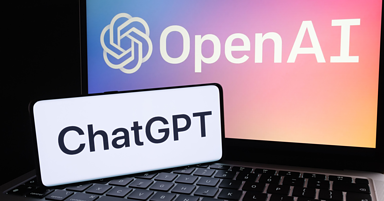
In essence, switching to a conversational, “Q and A”-style search and discovery process could improve the user experience but also cut down on the amount of web traffic generated by search providers. Because the system will provide you with the complete answer, you won’t even need to visit the website with ChatGPT. which can be very useful, but since there is no referral link, ChatGPT is the only site that benefits from this interaction.
Because you won’t have top search results to highlight, that will reduce ad revenue. And unless paid results can be integrated into ChatGPT responses, which seems like a risky idea in and of itself, this could necessitate a significant shift in SEO procedures and revenue models for search engines. At the moment, Google ranks websites using a complicated algorithm that takes into account thousands of data points to highlight the most effective and pertinent search results for each query.
However, if ChatGPT becomes the most popular search engine, how will it rank results in the future?
It will continue to be the subject of inquiries such as “What is the best shampoo for curly hair?” However, the decrease in direct traffic caused by ChatGPT showing you the results in-line as opposed to directing you to relevant website links will affect the algorithmic matching behind those results.
As the entire discovery process will frequently be constrained to a ChatGPT chain (i.e., follow-up questions to the above could be around the price, and availability, all asked as follow-up questions, as opposed to visiting another website), the ChatGPT example system could cause a significant shift in search engine optimization thinking as well as a widespread drop in website traffic.
The repercussions are significant, and it will be fascinating to observe Microsoft’s plans to incorporate ChatGPT functionality into Bing and Google’s subsequent response.
Verge says that Microsoft wants to make the integration available before the end of March.
Related Posts
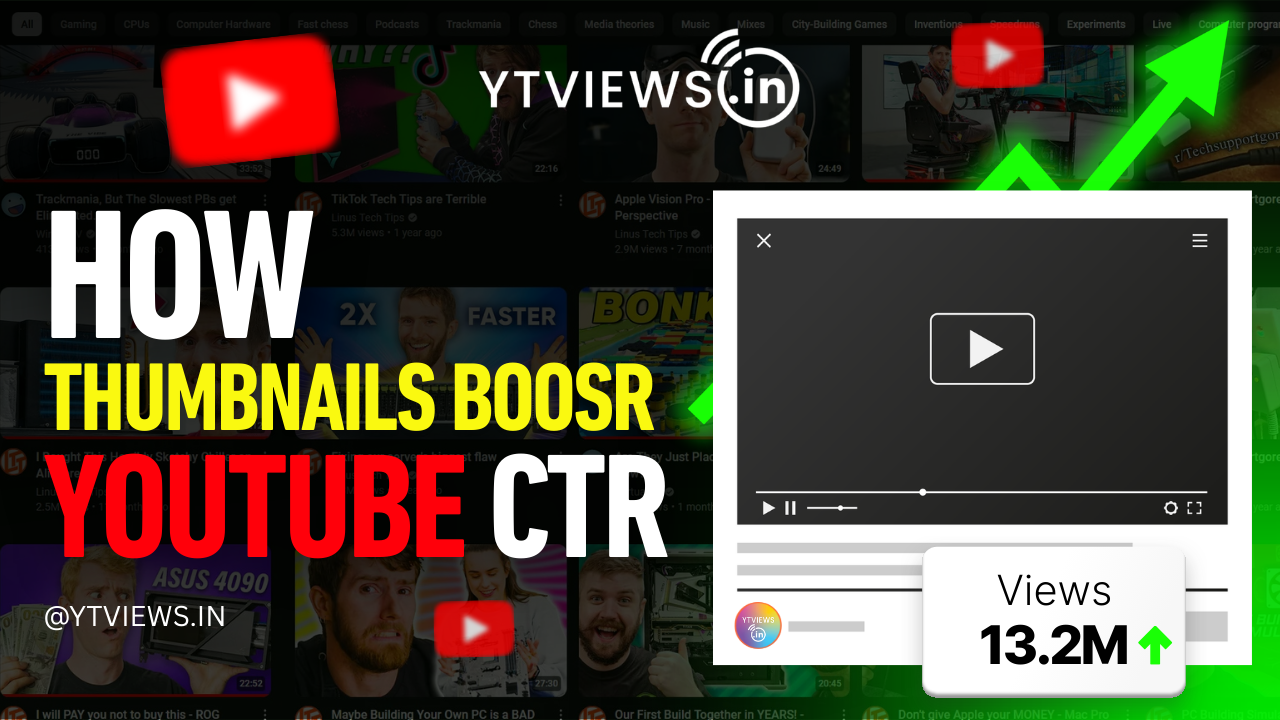
How YouTube Thumbnails Affect CTR (With Real Examples)
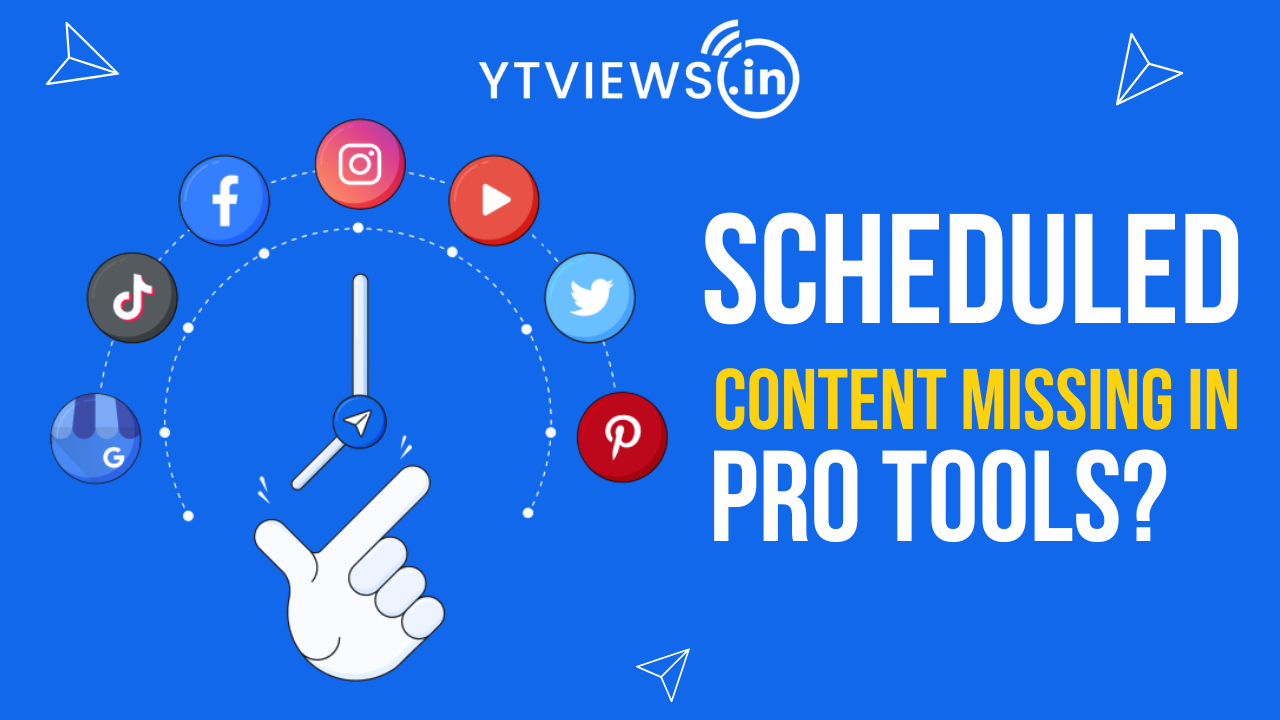
Why You Can’t Find Scheduled Content under Pro Tools
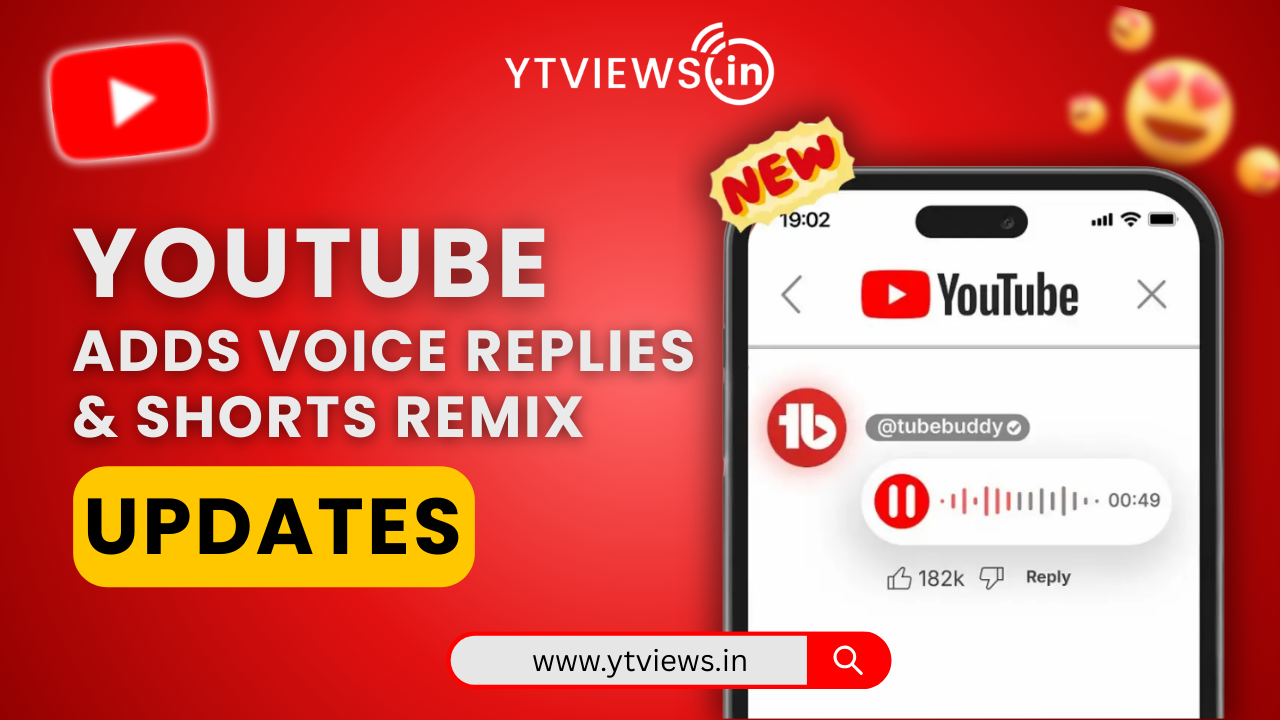
YouTube Adds Voice Replies & Shorts Remix Updates
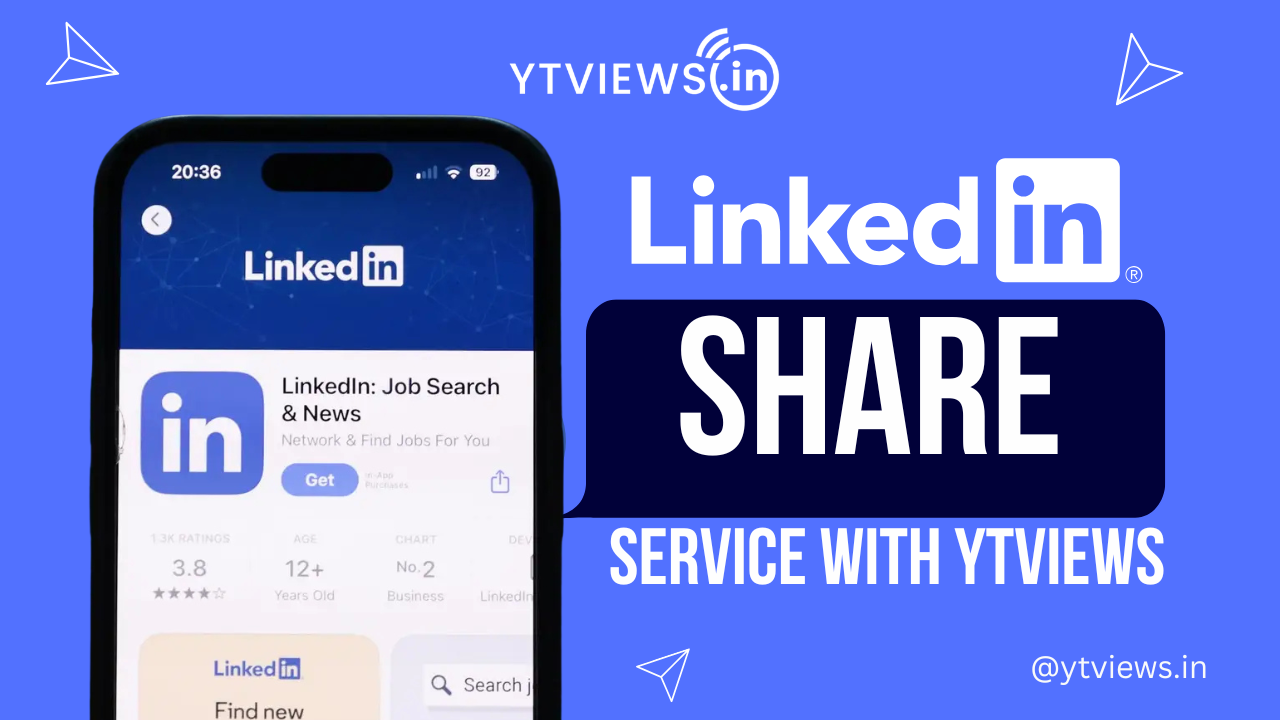
Increase Your LinkedIn Reach with Ytviews LinkedIn Share Service































